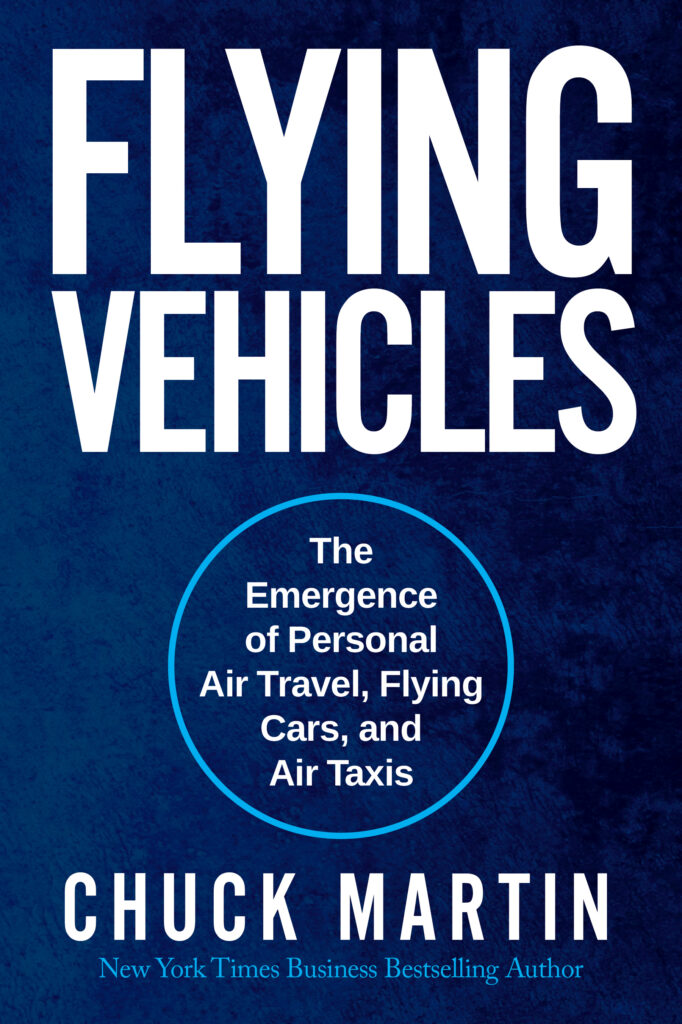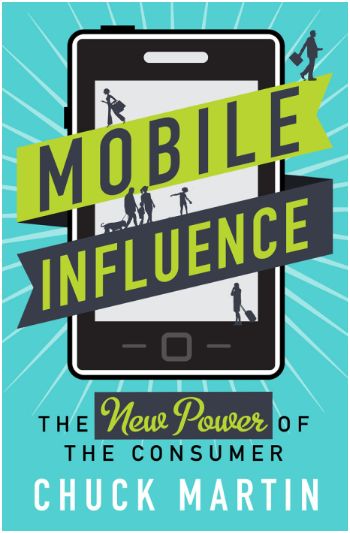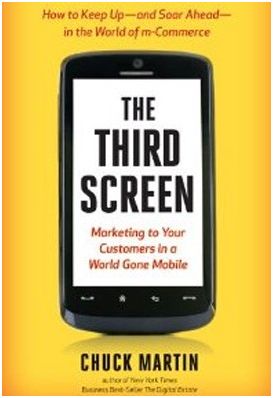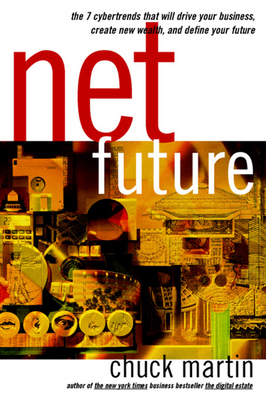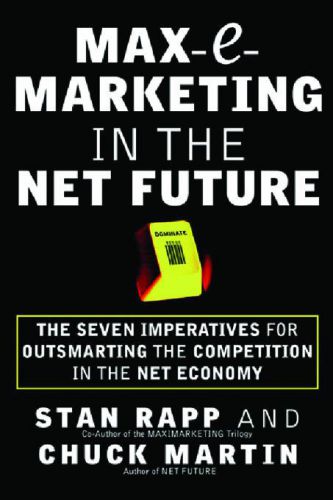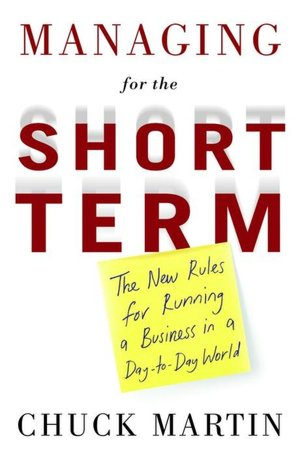
By Chuck Martin
Autonomous vehicles have been on drawing boards and in on-road testing for some time now.
However, as the technology continues develop, various viewpoints relating to planning and market reality are emerging.
The mayor of Pittsburgh, William Peduto, issued an executive order detailing expectations for the testing of self-driving cars in that city.
Called the Pittsburgh Principles, believed to be a first if its kind for a city, the order sets the Pittsburgh Department of Mobility and Infrastructure as the lead oversight body, calling for the department to publish guidelines for testing autonomous vehicles on public streets.
Among the directives in the order, the department is to develop and publish policy recommendations that “fundamentally protect and enhance walking, public transit and travel by bicycle as preferred modes of travel in highly urbanized areas” and “minimize the consequences and maximize the benefits of technological disruption on city finances, delivery of city services and maintenance and operation of public streets and rights of way.”
On the other side of the planning coin, a top auto executive is suggesting that self-driving cars are nowhere near a money-making business.
Answering a question at a press conference discussing the earnings of German auto supplier Continental AG this week, its chief executive Elmar Degenhart said: “Until 2030, the market will be driven mainly by assistance systems. Significant revenues will only come in 2030 and thereafter.”
The self-driving vehicles being tested typically are intended for ride-sharing use somewhere down the road. Main topics of discussion never include the idea of consumers buying a self-driving car.
The bigger elephant never discussed is what one of these vehicles might cost.


